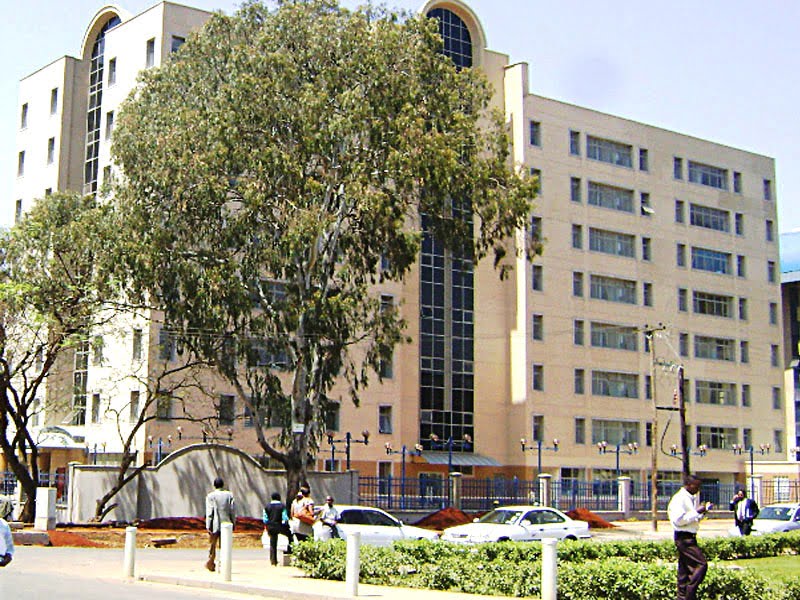By Obegi Malack
The Teachers Service Commission (TSC) has been struggling to replace huge number of teachers who have retired besides employing new teachers to bridge staffing gaps.
The commission has set out guidelines for teachers who need to retire.
There are five types of retirement namely: voluntary early retirement, retirement on medical grounds, retirement on 10/50-year rule, retirement in public interest and compulsory retirement on age grounds.
Retirement on medical grounds is applicable to teachers who may no longer be capable of discharging their duties effectively on account of poor health.
This type of retirement may be initiated by either the employer or the employee upon realization of the effects of health challenges on the productivity of the employee.
A medical board constituted by the Director of Medical Services will recommend the retirement upon assessment of the teacher’s medical condition.
Compulsory retirement on age grounds in line with GOK policy which states that public servants upon attainment of 60 years, are subject to compulsory retirement.
However, Persons Living with Disabilities are retired at the age of 65 years in line with the Persons with Disabilities Act, 2003. One must have served in the permanent and pensionable and establishment to qualify for this type of retirement.
On retirement in the public interest. The commission may retire a teacher on grounds of public interest upon considering every available report with regard to the complaint against the teacher and upon considering that it will be undesirable to retain the teacher in teaching service.
A complaint or report to justify the retirement of a teacher on grounds of public interest shall demonstrate that the teacher has engaged in acts or omissions that contravene public interest and public policy as provided under the constitution or any written law, decision made by a competent court of law or government policy, regulation and practice.
A teacher who retires on grounds of public interest under this regulation will be entitled to pension in accordance with the pensions act.
Other forms of exit are: release to public service institutions/ teacher unions, public educational institutions or the county government, transfer of service to the public service commission, resignation, dismissal and death in service.
Upon Retirement, Exit Benefits that an employee may be eligible to are: NSSF – Governed by the NSSF Act and paid by the Managing Trustee NSSF. This is applicable to teachers who served as untrained teachers for the period served under temporary appointment.
Pension – Under the Pensions Act Cap.189 is paid by the Director of Pensions at the National Treasury. Widow and Children Pension Scheme (WCPS) – Under the WCPS Act paid by the Director of Pensions.
A head of institution who fails to report a teacher’s exit from service is liable to disciplinary action and is surcharged to the extent of any loss occasioned to the commission.






